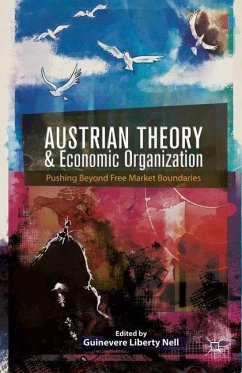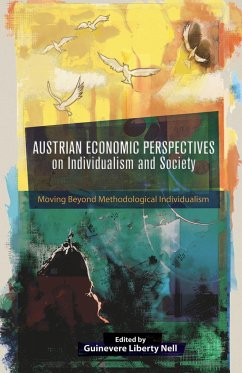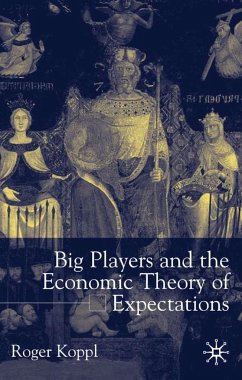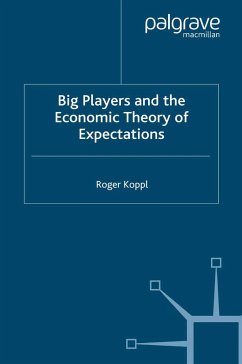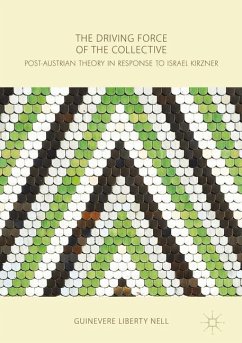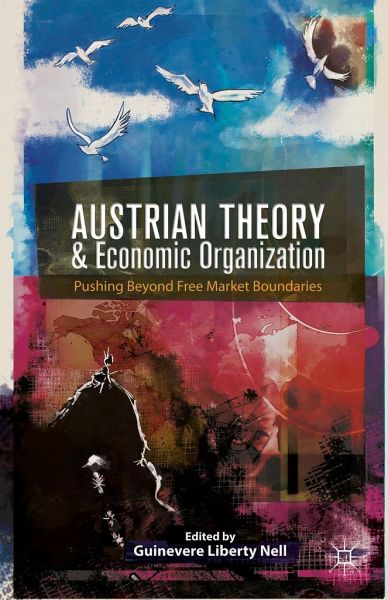
Austrian Theory and Economic Organization
Reaching Beyond Free Market Boundaries
Herausgegeben: Nell, G.

PAYBACK Punkte
38 °P sammeln!
The Austrian economic school famously predicted and explained the problems of calculation in a socialist society. With their concept of spontaneous order, they challenged mainstream economists to look beyond simplified static models and consider the dynamic and evolutionary characteristics of social orders. However, many feel that Austrians took their victory too far and became ideologically devoted to laissez-faire.Austrian Theory and Economic Organization is a collection of essays on problems and possibilities in economic organization, written by economists and political scientists with an i...
The Austrian economic school famously predicted and explained the problems of calculation in a socialist society. With their concept of spontaneous order, they challenged mainstream economists to look beyond simplified static models and consider the dynamic and evolutionary characteristics of social orders. However, many feel that Austrians took their victory too far and became ideologically devoted to laissez-faire.Austrian Theory and Economic Organization is a collection of essays on problems and possibilities in economic organization, written by economists and political scientists with an interest in the dynamic and evolutionary nature of market economies. Each chapter explores areas of potential agreement between Austrian theory, market socialist economics, and other heterodox schools of economic and political science. The collection aims to bridge cultural and political divisions between free market advocates who stress individual rights and left-leaning thinkers who stress social justice and a culture of solidarity.



